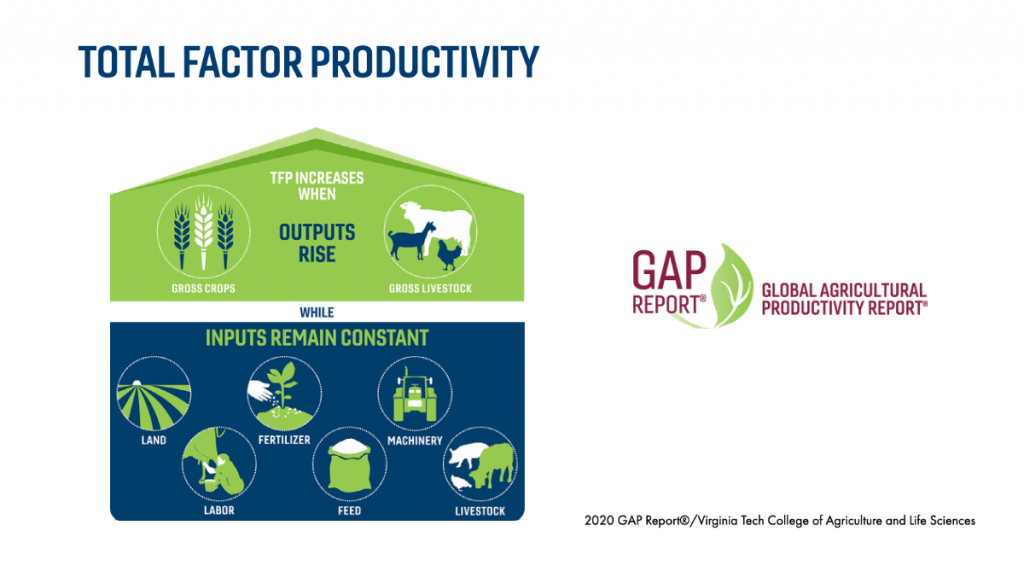Eugenia Saini is currently FONTAGRO’s Executive Secretary. FONTAGRO is the Regional Fund for Agricultural Technology. She leads the investment fund and a portfolio of 70 international operations related to science, technology, and innovation for the Latin America and the Caribbean region. She is from Argentina and is an agronomist by training. She holds a doctorate in agricultural sciences, specializing in total factor productivity analysis. One of her seminal works in this field was the estimation of 120 years of TFP for the agricultural sector in Argentina. She is also a National Public Accountant and holds an MS in Food and Agribusiness and an MS in Applied Economics, both from Universidad de Buenos Aires. She has worked in the private and public sectors, both nationally and internationally, especially in multilateral banks. She was awarded a Fulbright Scholarship at Cornell University and, more recently, with the Abshire-Inamori Leadership Academy (AILA) Scholarship at the Center for Strategic & International Studies (CSIS) in Washington, D.C.
CALS Global funds research on the impact of extreme weather events on productivity growth
For the first time, Virginia Tech CALS Global is funding original research and analysis as part of the Global Agricultural Productivity Initiative (GAP Initiative).
The fellowship provides funding for research linking agricultural productivity, measured as Total Factor Productivity (TFP), and topics including sustainable agriculture systems, agricultural technologies and practices, food and nutrition security, and access to agronomic knowledge.
For 2021-2022, Wei Zhang, assistant professor in agricultural and applied economics has been awarded the fellowship for her proposal to research the dynamic relationship between extreme climate events and the resilience of agricultural systems, through the lens of TFP growth.

Her research collaborator will be Jean-Paul Chavas, professor of agricultural and applied economics at the University of Wisconsin-Madison.
In her proposal, Zhang wrote that in addition to changes in climate averages, we are learning that extreme climate events have substantial impacts on the productivity and sustainability of agricultural systems. Many regions in the world are experiencing changes in climate extremes, including the frequency and severity of droughts, cold spells, heat waves, and floods. When extreme climate events occur, many aspects of agricultural systems are influenced, with the potential for significant challenges to TFP growth.
The ultimate goal of Zhang and Chavas’ research is to shed light on the design of government programs and potential private-public partnerships for climate adaptation and agricultural sustainability.
Their original research will be published in the 2022 Global Agricultural Productivity Report and featured on the GAP Report website. A preview of their research program will be included in the forthcoming 2021 GAP Report: The Case for Productivity.

